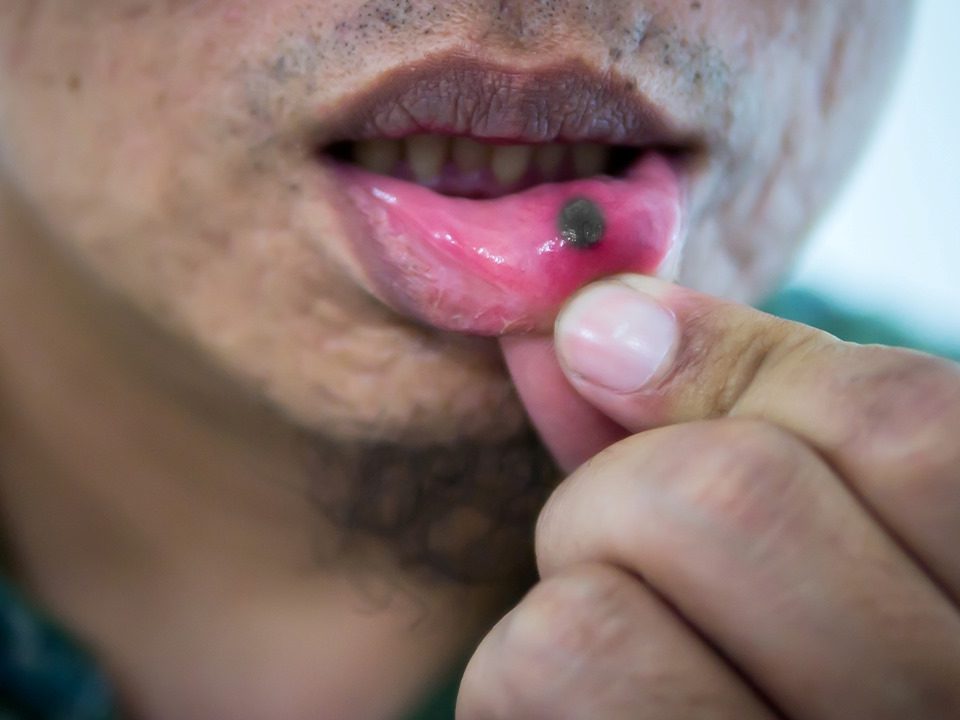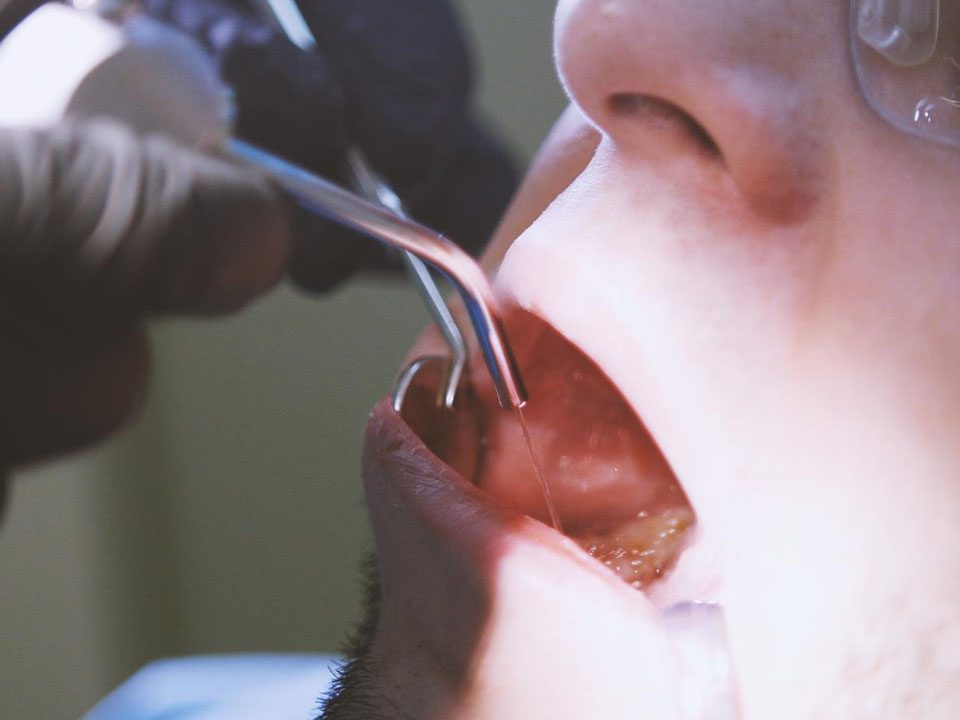
Why Experts Say No to Wisdom Teeth Removal?
July 5, 2023
How Long Do Composite Veneers Last For?
August 16, 2023The mere mention of a dental drill frequently causes people to feel anxious and apprehensive about dentistry. Even the most courageous people may feel uneasy due to the unsettling sound and possible pain. But is the worry about the discomfort of dental drills a true fear, or is it more of a dental myth? In this blog, we will examine dental drill pain in-depth to see if they truly deserve their infamous reputation.
Table of Contents
ToggleUnderstanding the Dental Drill
Dentists utilize a dental drill as a specialized tool to remove decay, shape teeth, and get ready for various dental treatments. It is a vital instrument in dentistry since it works swiftly and has a range of attachments for different jobs, but you could have dental drill pain.
The distinct buzzing sound that dental drills make is one of the main causes of their negative perception. The bur, the drill attachment used to sever enamel and dentin, rotates at a high rate of speed, producing an audible sound. Modern dental drills are made to cause the least discomfort possible, even though their sound may be unsettling.
The Role of Anesthesia in Dental Drill Pain Management
Anesthesia is one of the most important variables in determining how uncomfortable dental drilling will be. Before beginning a procedure, dentists frequently numb the area with a local anesthetic. Thanks to this numbing effect, You won’t experience sudden dental drill pain while under operation.
Can a Dentist Drill Without Numbing?
Technically, a dentist can drill a tooth without using an anesthetic, but this is usually not recommended, especially if the drilling is deep. For shallow cavities or minor dental work, some patients may not require numbing if they experience minimal discomfort. However, for deeper cavities, root canals, or other more invasive procedures, anesthetics are typically used to prevent pain and discomfort during the procedure. It’s important for patients to communicate with their dentist about their pain threshold and any concerns they have about anesthesia.
How Long Do Teeth Hurt After Drilling?
The duration of pain or discomfort after dental drilling can vary depending on several factors, such as the extent of the dental work, the individual’s pain threshold, and the healing process. Generally, it’s normal to experience some sensitivity or discomfort in the affected tooth and surrounding area for a few days after the procedure. Here’s a general guideline:
- Minor Dental Procedures: For small fillings or minor drilling, discomfort typically subsides within a few hours to a couple of days. Over-the-counter pain relievers can usually manage any discomfort.
- Deep Fillings or More Extensive Drilling: If the drilling was deep or close to the nerve, the tooth might be sensitive for up to a week or more. Sensitivity to hot, cold, or biting pressure is common in such cases.
- After the Anesthetic Wears Off: You might experience some soreness in the jaw or gums once the anesthetic wears off. This is due to keeping the mouth open and the injection of the anesthetic, and it usually resolves within a day or two.
- Prolonged Pain: If pain persists beyond a week or becomes severe, it’s important to consult with your dentist. Persistent or severe pain could indicate complications like an infection or a need for further dental work, such as root canal treatment in Ahwatukee.
How Much Pain Should I Expect from a Dental Drill?
Several variables can affect how painful a dental drill will be for you. During dental procedures involving a drill, most people experience some discomfort or mild dental drill pain. Local anesthesia, however, can frequently be used to manage the pain.
Before using the dental drill, dentists typically inject a local anesthetic to numb the area being treated. This reduces the discomfort experienced during the procedure. Some people might still feel pressure or vibration, but it’s usually not considered intolerable.
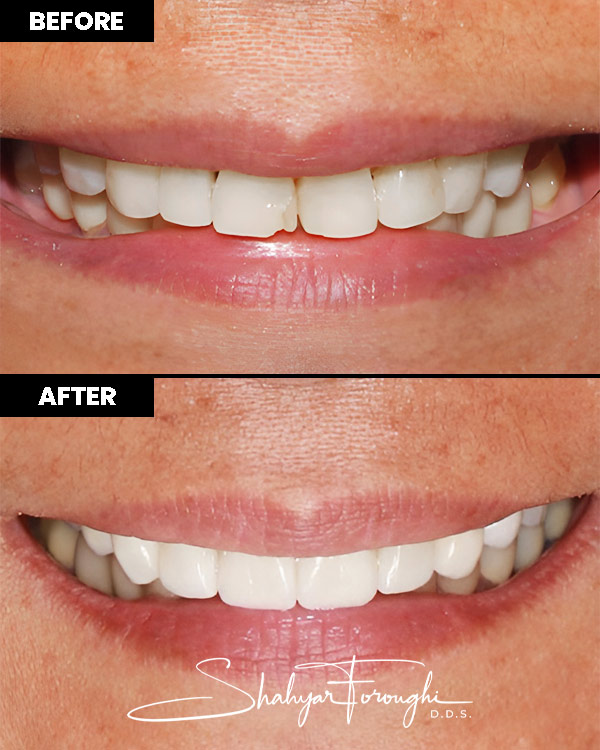
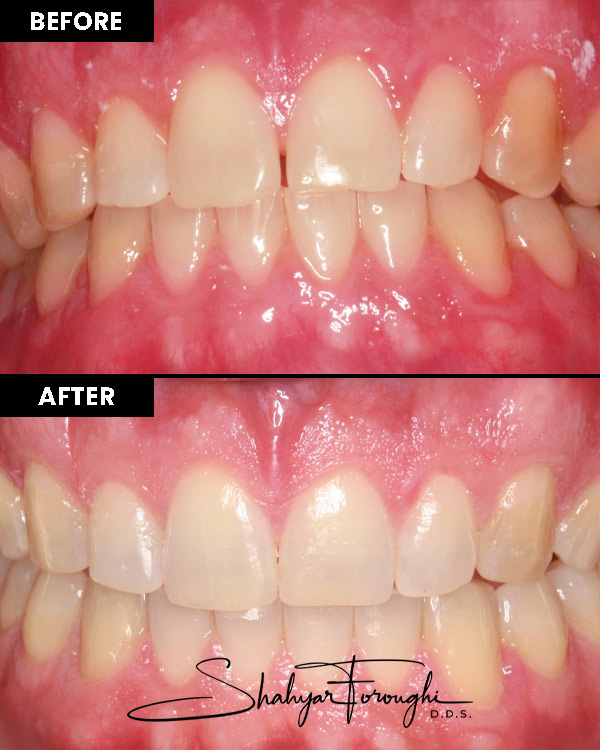
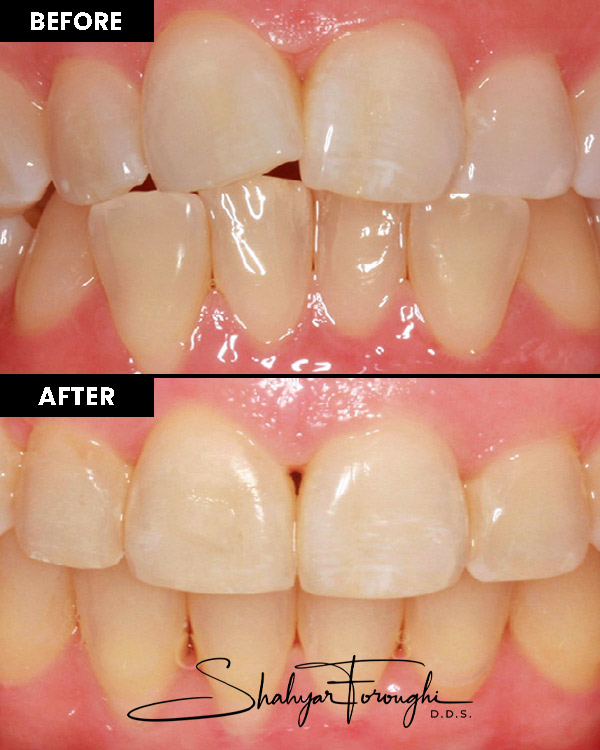
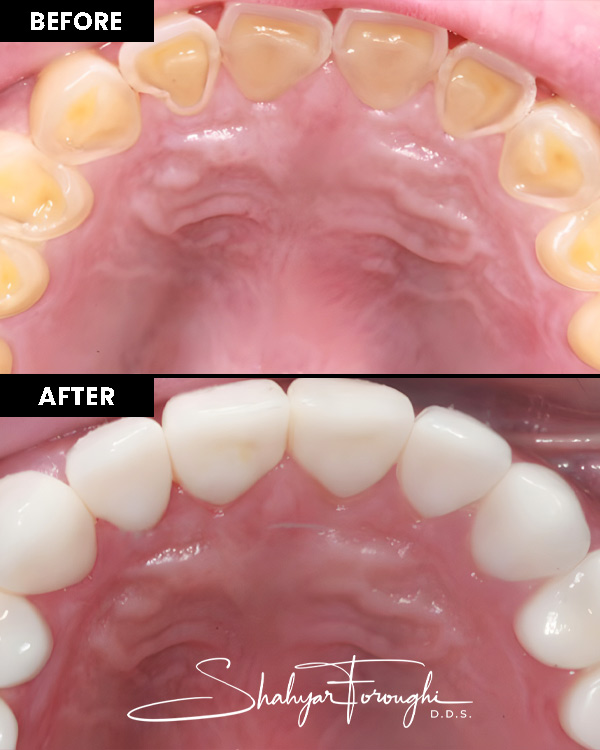
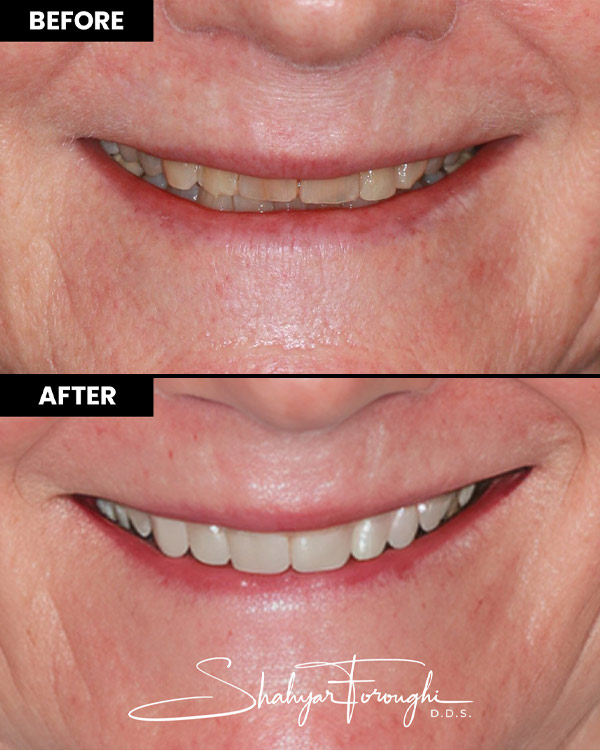
Does a Dental Drill Hurt?
The burning question on many minds is, Is dental drill pain-free? The response is more complicated than “yes” or “no.” Most patients feel some level of dental drill pain, particularly when the drill touches the tooth’s delicate layers. Some people may experience unpleasant sensations due to the dental drill’s noise, vibration, and pressure. It’s important to remember, though, that dental technology and local anesthesia improvements have greatly reduced the discomfort associated with these procedures.
Can a Dentist Hit a Nerve While Drilling?
Yes, a dentist can potentially hit a nerve while drilling. This is especially true if the decay in a tooth is deep and close to the nerves. When a dentist drills too close to the nerve of the tooth, it can cause a sharp pain. This is one of the reasons why dentists usually take X-rays before performing procedures like fillings, to understand the extent of decay and its proximity to the nerves.
How to Overcome the Fear of Dental Drill Pain?
- Speak with your dentist about your anxiety to get comfort and understanding.
- To demystify the procedure, learn about the steps and tools available.
- Try to relax; deep breathing and visualization can help you do so.
- To gain confidence, start with easier procedures.
- Talk to people or listen to relaxing music through headphones.
- Explore your options for sedation to help you relax.
- Bring a friend or relative with you for support if you need it.
- Rewarding yourself after visits will help you form positive associations.
Tips to Manage Your Anxiety
While dental drills have become less painful, anxiety about the procedure can still be overwhelming. Here are some tips to help you manage your anxiety and have a more comfortable dental visit:
- Tell your dentist about your phobias. They can answer your questions, address your concerns, and adjust the procedure to your comfort level.
- Practice taking deep, slow breaths to remain calm and relaxed throughout the procedure.
- Bring headphones and listen to soothing music or audiobooks to get your mind off things.
- You can distract yourself from the procedure by visualizing a soothing scene or circumstance.
- To reduce anxiety, swap out negative thoughts with positive ones.
- For relaxation, find out about sedatives like nitrous oxide.
- Establish hand signals with your dentist to let them know when you need a break.
- Before your appointment, practice relaxation methods like meditation.
- Having a friend or member of your family nearby can be reassuring.
Conclusion
Although the thought of dental drill pain might cause fear, modern dentistry has greatly reduced the pain this instrument causes. Local anesthesia and sedation dentistry are essential to ensure patients are more comfortable. You can navigate dental procedures more easily and with less anxiety by being open with your dental doctor and researching distraction methods.
FAQs
Does dental drilling always require anesthesia?
Local anesthesia is frequently used during dental drilling to reduce pain and discomfort. However, depending on the patient’s pain threshold and the complexity of the procedure, a different level of anesthesia may be needed.
Is sedation dentistry safe?
Yes, sedation dentistry is typically safe when performed by qualified experts. Your dentist will evaluate your medical background and offer the best sedation options.
Can I listen to music during a dental procedure?
Many dental offices provide headphones to reduce anxiety and let patients listen to music, podcasts, or audiobooks while receiving treatment.
Is dental drilling the same as it used to be?
In contrast to earlier models, modern dental drills are made to be more effective and less painful. Technological advancements have greatly enhanced the patient experience.
Are there alternatives to dental drilling?
Alternatives like air abrasion or laser therapy may be appropriate depending on the situation. With your dentist, review options to find the best course of action for your requirements.



